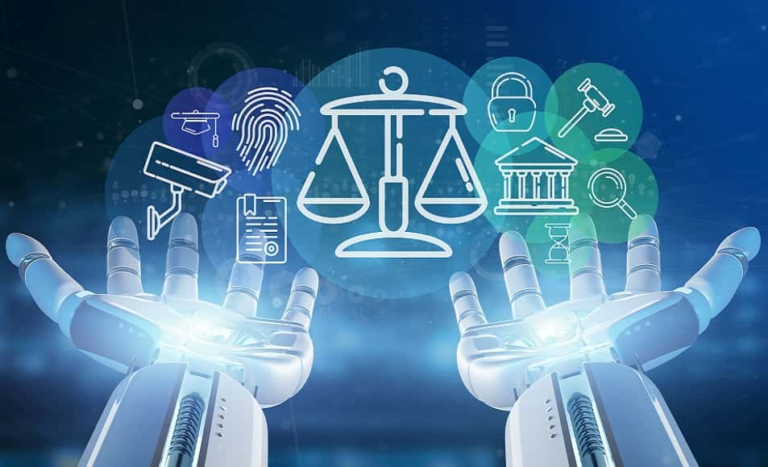Quevedo & Ponce - Noticias Legales
Lease Agreements in Ecuador: Legal Requirements for Formalization and Registration
- June 26th, 2025
- Quevedo & Ponce
In Ecuador, the lease agreement is a legal contract through which one person (the landlord) grants another (the tenant) the use of a real estate property in exchange for a monthly rent. According to Article 27 of the Tenancy Law, this contract may be verbal or written. However, if the monthly rent exceeds the unified basic salary, the law requires the contract to be executed in writing (Art. 29).
The lease agreement is considered valid as soon as there is an agreement on the use of the property and the rent payment, even if it is not formalized. However, formalization provides legal protection to both parties, prevents abuse, and enables access to judicial proceedings in the event of a conflict.
Under current regulations, if the rent does not exceed the basic salary, it must be registered in the municipal cadastre. If it does exceed it, the contract must be registered before a notary within thirty days of its execution.
Key obligations under the Tenancy Law:
- Comply with the current legal rent (Art. 17).
- Register the contract with the corresponding authority (Art. 14).
- Offer the tenant a contract with a minimum term of two years (Art. 28).
What happens if the contract is not registered?
You will not be able to request eviction, the contract will lose legal standing, the judge will require a rent certificate, and you may face fines of up to six monthly rents.
At Quevedo & Ponce, we advise companies and workers to ensure compliance with legal provisions and protect labor rights. Contact us to receive guidance on this important precedent and its impact in the labor field.
Más Artículos
Boletín Informativo: Prórrogas en los plazos fijados por la SCVS
La Superintendencia de Compañías, Valores y Seguros mediante resolución No. SCVS-INPAI-2024-00008987, dispone la prórroga en el plazo para la presentación de documentación requerida por la Ley de Compañías.
Derechos de autor e inteligencia artificial: implicaciones éticas y legales
La interacción entre los derechos de autor y la inteligencia artificial plantea desafíos éticos y legales que deben abordarse cuidadosamente. Es necesario encontrar un equilibrio entre proteger la creatividad humana, fomentar la innovación tecnológica y garantizar el respeto por los derechos de autor en el uso de la IA en la creación de contenido.
La Propiedad Intelectual (PI) y los Objetivos de Desarrollo Sostenible (ODS): Nuestro futuro común se forja con innovación y creatividad
La propiedad intelectual (PI) y los Objetivos de Desarrollo Sostenible (ODS) están interconectados en varios aspectos. La PI, incluye derechos como patentes, derechos de autor y marcas registradas, y se posiciona como una herramienta fundamental para alcanzar los ODS al fomentar la innovación, la creatividad y el desarrollo sostenible.
Ley Sherman (Sherman Act): A 134 años de la emblemática ley antimonopólica que sentó un precedente mundial
A 134 años de la ley estadounidense que sentó las bases mundiales del Derecho de la Competencia, debemos entender el papel que esta materia juega en el mercado ecuatoriano y la protección de sus dinámicas
El Código Galápagos: Hacia un nuevo paradigma jurídico desde Galápagos para el mundo
El 29 de marzo, nuestro socio Milton Castillo publicó un artículo en La Hora sobre los desafíos de las Islas Galápagos. Propone el Código Galápagos para reemplazar la legislación existente y abordar problemas como el turismo descontrolado y el tráfico ilegal de especies. Destaca la necesidad de adoptar un enfoque eco-céntrico y reconocer los Derechos de la Naturaleza para conservar este tesoro natural global.







